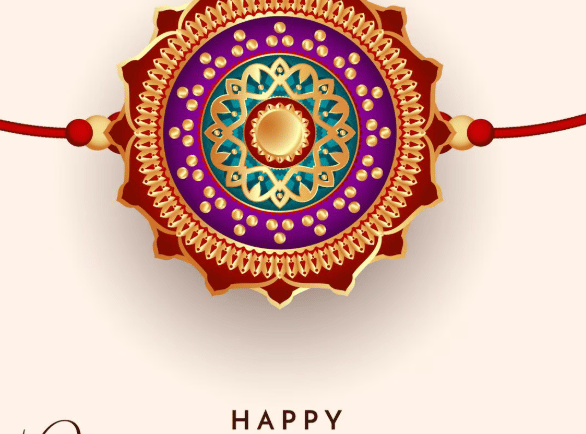The Significance of Rakshabandhan in India: Unraveling Ancient Stories


Understanding Rakshabandhan
Rakshabandhan, often referred to as Rakhi, is an important festival celebrated across India, symbolizing the bond between brothers and sisters. This auspicious occasion is marked by the sister tying a protective thread (Rakhi) around her brother's wrist, signifying her love and prayers for his well-being, while the brother vows to protect and support her throughout her life. The festival usually takes place on the full moon day of the month of Shravana, which typically falls in August, making it a significant event in the Indian cultural calendar.
Ancient Legends Associated with Rakshabandhan
The traditions and customs surrounding Rakshabandhan are steeped in rich history, with various ancient stories illustrating the values of love, duty, and protection that define this festival. One of the most popular legends tells the tale of Lord Krishna and Draupadi. During the epic Mahabharata, when Draupadi was publicly humiliated, she prayed to Lord Krishna for help. In response, Krishna vowed to protect her and intervened miraculously, ensuring her dignity was restored. To honor this vow, Draupadi tied a Rakhi around Krishna's wrist, cementing their bond of mutual care.
The Modern Relevance of Rakshabandhan
While Rakshabandhan has ancient roots, its relevance in today’s society remains profound. In contemporary India, the festival transcends biological relationships. It serves as a broader celebration of the bond of love and camaraderie, fostering harmony and reinforcing familial ties. Many people now extend this tradition to include friends and acquaintances, further emphasizing the importance of protection and support within all relationships. The ritual of exchanging gifts, sweets, and heartfelt wishes further enhances the spirit of unity and affection.
Additionally, Rakshabandhan strengthens the cultural fabric of India, promoting values of duty and respect among family members. As siblings and close friends come together to celebrate this festival, it serves as a reminder of the lifelong commitment each person has to the other. This unity is crucial for preserving the values and traditions passed down through generations. In a rapidly changing world, such traditions not only provide connection but also reinforce the significance of love and loyalty in personal relationships.
In conclusion, Rakshabandhan is much more than a simple ritual; it embodies the essence of familial love and commitment that is deeply ingrained in Indian culture. With its roots in ancient stories, the festival continues to inspire relationships characterized by respect, trust, and protection in modern society. As we celebrate Rakshabandhan, we honor not only a tradition but also the enduring bonds that unite us all.
